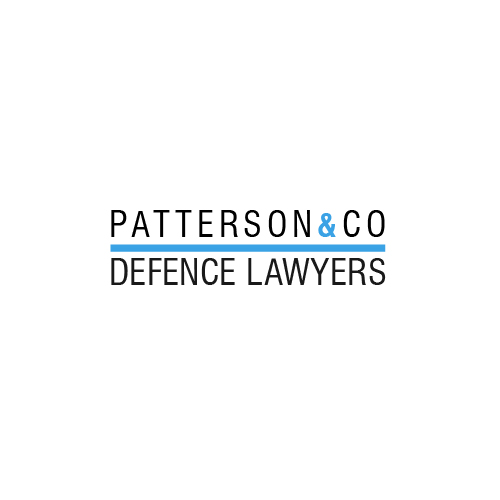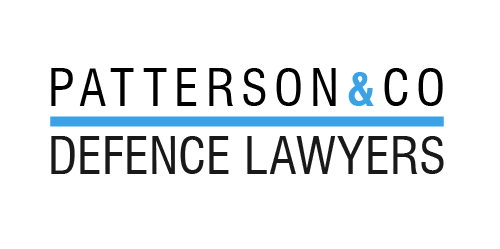Legal Implications of Social Media Use for Scottish Youth
Social media is an integral part of daily life for many young people in Scotland. While it offers numerous benefits, such as connecting with friends and accessing information, it also presents several legal challenges. Understanding the legal implications of social media use is essential for youth and their guardians to navigate these platforms safely and responsibly. This article explores the key legal issues related to social media use among Scottish youth, including cyberbullying, privacy concerns, and the consequences of online behavior.
Cyberbullying and Harassment
Cyberbullying is one of the most significant legal issues associated with social media. It involves using digital platforms to harass, threaten, or demean others. In Scotland, cyberbullying can lead to severe legal consequences under several laws, including the Communications Act 2003 and the Protection from Harassment Act 1997.
- Legal Consequences: Those found guilty of cyberbullying can face criminal charges, which may result in fines, community service, or even imprisonment. Additionally, victims of cyberbullying can seek civil remedies, such as restraining orders or compensation for damages.
- Prevention and Reporting: It’s crucial for youth to understand the importance of respectful online behavior. Victims of cyberbullying should report incidents to social media platforms, school authorities, and the police if necessary.
Privacy and Data Protection
Privacy is another critical concern for young social media users. The General Data Protection Regulation (GDPR) and the Data Protection Act 2018 govern how personal data is collected, stored, and used in the UK, including Scotland.
- Understanding Consent: Young people must understand that their personal data is valuable and should be protected. Social media platforms must obtain explicit consent before collecting and processing their data.
- Rights Under GDPR: Youth have the right to access their data, request corrections, and demand the deletion of their information from social media platforms. Parents and guardians should educate young users about these rights to ensure their data is handled appropriately.
Legal Consequences of Online Behavior
Actions on social media can have significant legal repercussions. Posting defamatory content, engaging in hate speech, or sharing illegal materials can lead to criminal charges and civil lawsuits.
- Defamation: Making false statements that damage someone’s reputation can result in defamation claims. In Scotland, defamation can lead to substantial financial penalties and a requirement to issue public apologies or retractions.
- Hate Speech: The Public Order Act 1986 and the Criminal Justice and Licensing (Scotland) Act 2010 criminalize hate speech, including offensive comments based on race, religion, sexual orientation, and other protected characteristics.
- Sharing Illegal Content: Distributing illegal content, such as copyrighted materials, indecent images, or violent content, can lead to severe legal consequences, including imprisonment.
Guidelines for Safe Social Media Use
To help young people navigate social media safely and legally, consider the following guidelines:
- Think Before You Post: Encourage youth to consider the potential consequences of their online actions and to avoid posting anything that could be harmful or illegal.
- Protect Personal Information: Emphasize the importance of privacy settings and not sharing personal details, such as addresses, phone numbers, or financial information.
- Report and Block: Teach young users how to report inappropriate content and block individuals who harass or bully them.
- Seek Help: Encourage open communication between youth and trusted adults about any online issues or concerns.
Conclusion
Social media offers many opportunities for connection and expression, but it also comes with legal responsibilities. By understanding the legal implications of social media use, young people in Scotland can protect themselves and others from potential harm and legal issues.
For more detailed legal advice or assistance related to social media use and its legal implications, Patterson & Co. offers expert legal services. Contact us at 01463 418 277 for guidance on navigating the complexities of social media law.


